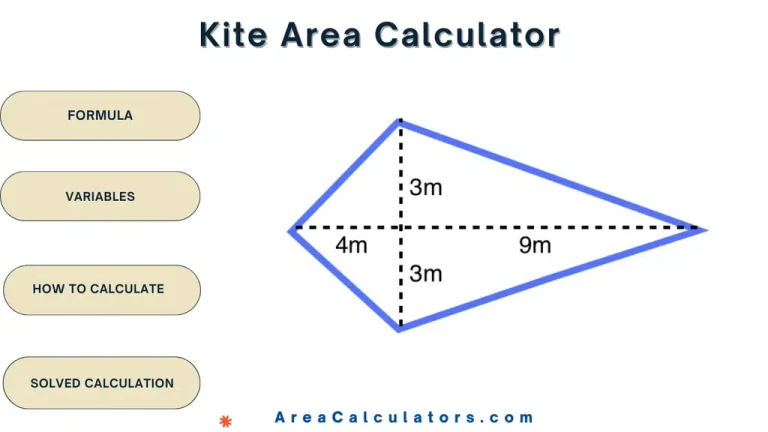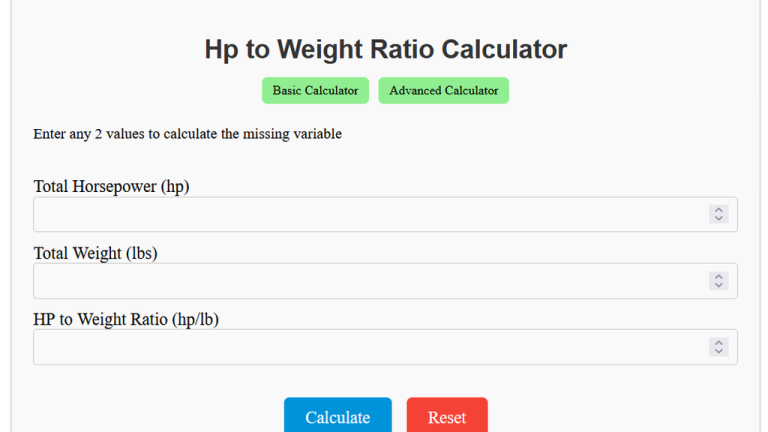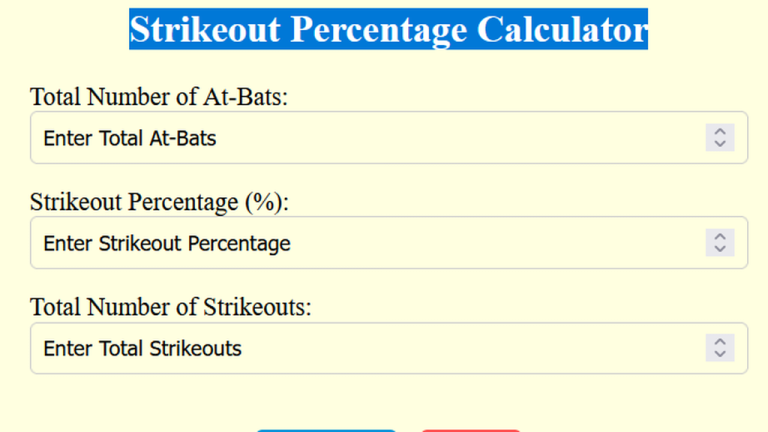Congestion Index Calculator
To calculate the Congestion Index (CI), divide the traffic volume by the capacity and multiply by 100. This formula helps determine how congested a road or system is based on its current load and maximum capacity.
To calculate the Congestion Index (CI), divide the traffic volume by the capacity and multiply by 100. This formula helps determine how congested a road or system is based on its current load and maximum capacity.
The Congestion Index Calculator is an invaluable tool for measuring traffic congestion in various systems, including roadways, ports, and even air traffic. By comparing the current traffic volume to the system’s capacity, it provides an understanding of how efficiently a transportation system is operating.
A high congestion index indicates that a road or transportation network is nearing or exceeding its capacity, which can lead to delays, bottlenecks, and higher costs.
| Variable | Description |
|---|---|
| Congestion Index (%) | |
| Traffic Volume (vehicles, flights, etc.) | |
| System Capacity (maximum vehicles, flights, etc.) |
Example 1:
If the traffic volume on a road is 800 vehicles and the road’s capacity is 1000 vehicles, calculate the congestion index.
| Step | Calculation |
|---|---|
| 1. | |
| 2. | |
| 3. | |
Answer: 80%
Example 2:
For a port with a traffic volume of 500 ships and a capacity of 700 ships, calculate the congestion index.
| Step | Calculation |
|---|---|
| 1. | |
| 2. | |
| 3. |
Answer: 71.4%
The Congestion Index Calculator is a vitally important tool that is used to calculate and assess the level of traffic congestion in a specific area, such as on roads or in ports. Importantly, it facilitates in calculating the traffic load and determining how much congestion is affecting traffic flow.
The congestion index is often based on traffic density, speed reductions, and the volume of vehicles or cargo. This tool is valuable for urban planners, transport engineers, and port authorities, helping them analyze how congestion impacts transportation systems.
For example, in cities, the traffic congestion index provides insights into how efficiently vehicles are moving through an area. A higher index means there’s more congestion, which can lead to delays and economic costs. In aviation, traffic load calculations help determine airspace or runway congestion, affecting flight schedules and airport efficiency.
Overall, the Congestion Index Calculator can also be used in shipping to analyze port congestion, helping to improve logistics and reduce waiting times for vessels.
Without mincing matters, the Congestion Index Calculator offers a practical way to measure traffic flow and congestion levels in various sectors. It helps improve transportation efficiency by providing crucial data for decision-making.

10 / 100 SEO Score Enter the values in all required fields to calculate with our Kite Area Calculator online! Kite Area Calculator Major Diagonal Length (a): Minor Diagonal Length (b): Units: CentimetersMillimetersMetersKilometersInchesFeetYardMiles Calculate Reset Area of Kite: Calculating the Kite Area isn’t too tricky. You just have to know the lengths of the diagonals,…

To calculate the horsepower-to-weight ratio, divide the horsepower (HP) by the weight (W). The HP to Weight Ratio Calculator can empower you to calculate the ratio between the horsepower of a vehicle or machine and its weight. This ratio is important in various fields, especially in automotive performance, as it indicates how much power is…

Divide the number of tickets bought by the total tickets sold, then multiply by 100 to get the raffle percentage. The Raffle Percentage Calculator determines the likelihood of winning in a raffle based on the number of tickets purchased and the total tickets sold. This tool is useful for understanding odds in lotteries, fundraising events,…

Divide the number of strikeouts (SO) by the total at-bats (AB), then multiply by 100 to express the result as a percentage. The Strikeout Percentage Calculator is a critical metric in baseball and softball that measures the frequency at which a batter strikes out relative to their at-bats. It helps evaluate a hitter’s efficiency or…

7 / 100 SEO Score Use our Counter Offer Calculator online that comes both in basic and advanced mode. It is typically helpful in reaching an agreement with mutual negotiation for a discount in sales and purchase. Enter the values and find the best counter offer. Formula: CO=O−(O×D) Variables Variable Meaning CO Counter…
To calculate the date 37 days from today, add 37 days to the current date using a calendar or date calculator. 37 Days From Today Calculator Today’s Date Date 37 Days From Today Calculate Reset The 37 Days From Today Calculator can assist you to predict the exact date 37 days into the future or…